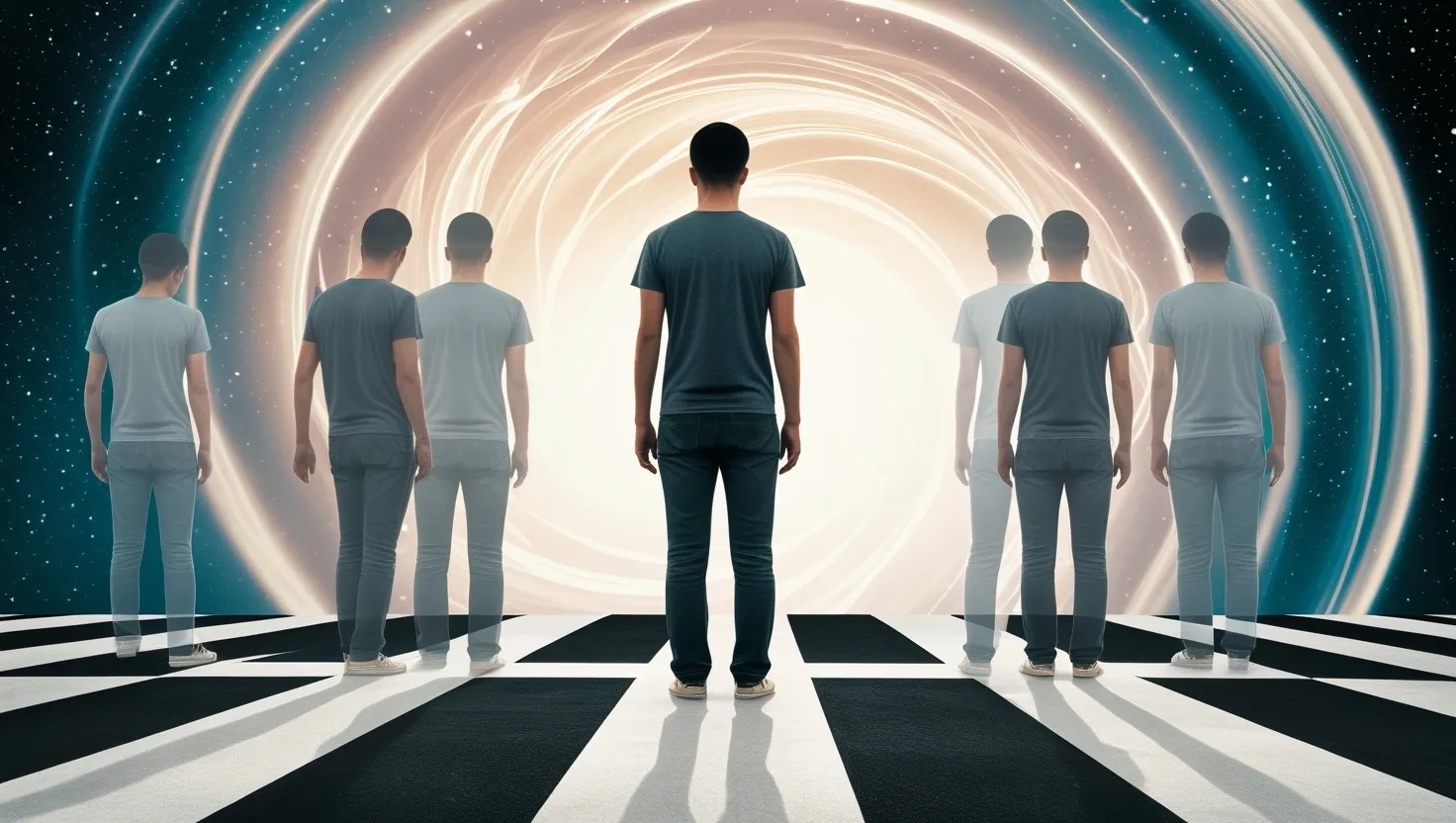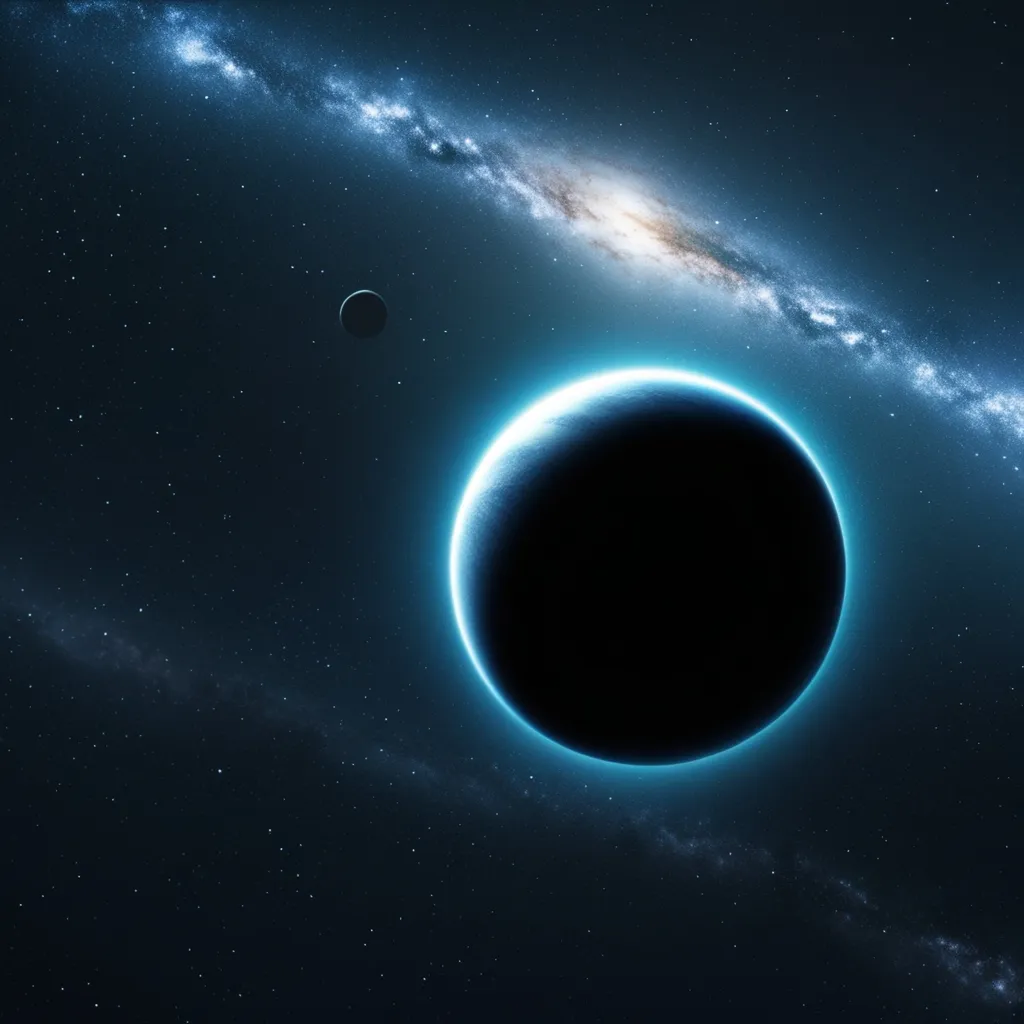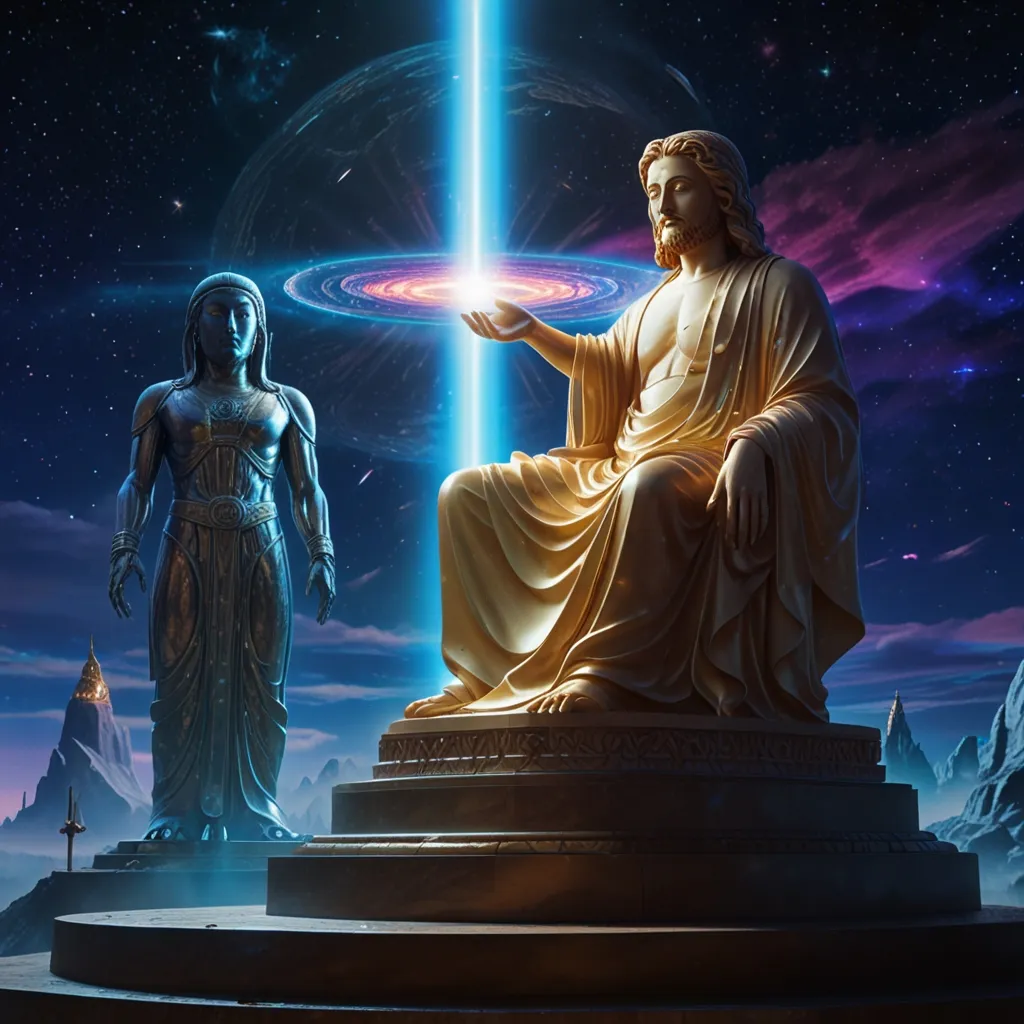Have you ever walked into a room or found yourself in a situation where everything feels eerily familiar, even if you know you’ve never been there before? This phenomenon is known as déjà vu, and it’s something most of us have experienced at some point. But what if these moments of familiarity are more than just a quirky brain glitch? What if they are glimpses into a much larger, more complex reality?
Let’s start with the basics. Déjà vu is that strange feeling where you think you’ve already lived through a moment, even though you know you haven’t. It’s as if your brain is telling you that this has all happened before, but your rational mind knows it hasn’t. One of the most straightforward explanations is that déjà vu is simply a memory glitch. According to this theory, your brain is eliciting fragments of memories that you’ve stored away, triggered by an environment or situation that resembles something you’ve experienced before.
Imagine walking into a new coffee shop, but the layout and the smell of the coffee remind you of your favorite café back home. Your brain might quickly retrieve memories of that familiar place, making you feel like you’ve been in this new coffee shop before, even if you haven’t. This theory suggests that déjà vu is just your brain’s way of trying to help you out by drawing on past experiences to make new situations feel more familiar.
However, there’s another theory that takes this idea to a much more intriguing level. What if déjà vu isn’t just about your brain misfiring, but about something much more fundamental to the nature of reality itself? This is where the concept of the multiverse comes in.
The multiverse theory posits that there are countless parallel universes, each with their own version of reality. In these universes, every possibility plays out in a different way. For example, in one universe, you might have taken a different job, moved to a different city, or made different choices altogether. According to theoretical physicist Michio Kaku, these parallel universes are like different radio frequencies. Just as your radio can only tune into one frequency at a time, our reality is tuned into just one of these many universes.
But what if, for a brief moment, our universe overlaps with another? This overlap could create that eerie feeling of déjà vu. It’s as if, for a split second, you’re tuning into a different frequency, catching a glimpse of a reality that isn’t quite your own. This idea is both exhilarating and unsettling, suggesting that our reality is not as fixed as we think.
To understand this better, consider an analogy. Imagine you’re listening to BBC radio in your living room. Your radio is tuned to that one frequency, but there are countless other frequencies vibrating around you – Radio Cuba, Radio Moscow, and all the Top 40 rock stations. Normally, you can’t hear these other frequencies because your radio isn’t tuned to them. But sometimes, for reasons we don’t fully understand, you might catch a snippet of another station. This could be what’s happening with déjà vu – a brief overlap between our universe and another, allowing us to glimpse a different reality.
This theory raises some mind-bending questions. What if these moments of déjà vu are not just random glitches but actual signs of entire timelines merging? Could we be witnessing the multiverse reshuffling right before our eyes? It’s a concept that challenges our understanding of time and space.
Another angle to consider is the role of the brain’s memory systems. The rhinal cortex, an area of the brain associated with memory, plays a crucial role in detecting familiarity. Some scientists believe that déjà vu occurs when the rhinal cortex is activated without the hippocampus, which is responsible for forming new memories. This mismatch could explain why we feel a strong sense of familiarity without actually recalling a specific memory.
In some cases, people with epilepsy have reported experiencing déjà vu right before they have a seizure. Researchers have even been able to induce déjà vu in subjects by stimulating the rhinal cortex. This suggests that déjà vu might be linked to specific brain functions, but it also leaves room for the possibility that there’s something more at play.
The idea that déjà vu could be a glimpse into parallel universes is both fascinating and terrifying. It suggests that our reality is not as stable as we think and that there are other versions of us living different lives. It’s like the concept of the “road not taken” from Robert Frost’s famous poem, but on a cosmic scale. Every choice we make creates a new universe, and maybe, just maybe, we’re catching glimpses of those other paths through déjà vu.
But let’s not get too carried away with the multiverse theory. There are more grounded explanations as well. For instance, some researchers suggest that déjà vu could be a result of a “short cut” in the brain’s memory circuits. When you’re in a new situation, your brain might quickly skip to long-term memory to help you feel more comfortable, even if the situation is entirely new. This fleeting malfunction between long and short-term memory circuits could explain the feeling of familiarity without any actual memory of the event.
In the end, the exact cause of déjà vu remains a mystery. It could be a simple brain glitch, a sign of something more profound about the nature of reality, or a combination of both. Whether you believe in the multiverse or prefer a more scientific explanation, déjà vu remains one of the most intriguing phenomena of human experience.
So the next time you feel that eerie sense of familiarity, take a moment to wonder. Are you just experiencing a memory glitch, or are you catching a glimpse of a reality that’s not quite your own? The answer might be more complex than you think, and it could change everything you thought you knew about the world and your place in it.






